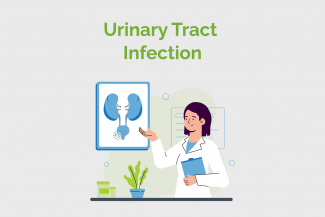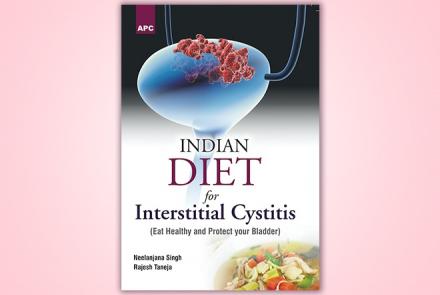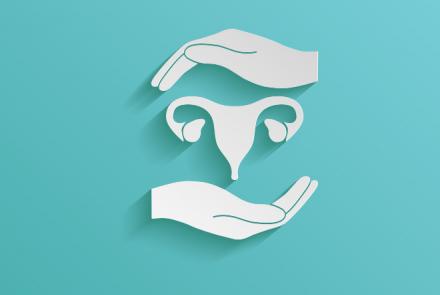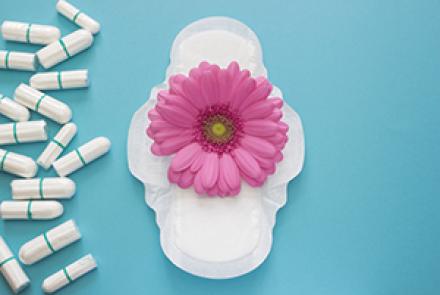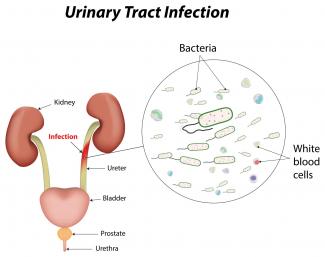
The urinary tract consists of the kidneys, ureters (which connect the kidneys and the bladder), bladder, and urethra. Urinary tract infections (UTIs) can occur in any part of the urinary tract. Most UTIs are caused by bacteria. They can also be caused by fungi or viruses.
UTIs are the second most common type of infection in humans. The National Kidney & Urologic Diseases Information Clearinghouse (NKUDIC) reports that UTIs account for over eight million doctor visits annually.
Anatomy
The kidneys are two bean-shaped organs. They are located in the abdomen on either side of the spine. The kidneys filter blood to remove excess water, salt, potassium, urea and other substances. The waste products are then excreted as urine.
The ureters are thin, spaghetti-shaped tubules. They carry urine from the kidney to the bladder. The bladder is a small, balloon-shaped organ located in the pelvis. In women, the bladder is located in front of the uterus. In men, the bladder is located just above the prostate gland.
The urethra is the tube through which urine exits the bladder. The urethra in women is far shorter than it is in men. In men, it has to pass through the prostate and the penis.

